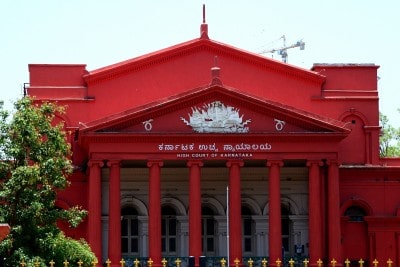New Delhi, Nov 23 : Franklin Templeton Mutual Fund has approached the Supreme Court against the Karnataka High Court’s order which said that mutual fund schemes cannot be shut without the consent of the unit holders.
In a letter to the investors, Sanjay Sapre, President, Franklin Templeton Asset Management (India) Pvt Ltd, said that post the judgement of the high court, the company considered all possible options over the last few weeks to start returning money to the unit holders in the shortest possible time in an orderly manner. This included the option of seeking the unit holders’ consent according to the judgment of the high court, he said.
“However, after detailed deliberations, we have determined that it will be necessary to seek judicial intervention from the Supreme Court to ensure appropriate implementation of the law in the best interest of the unit holders,” Sapre told the investors.
He said that the development took some time because these steps needed to be taken carefully and thoughtfully to ensure that the fund house can return unit holders’ monies at the earliest in an equitable manner, without distress sale of securities that would occur if there is a rush of redemptions.
“It remains the earnest desire and endeavour of the trustee to ensure equitable distribution of scheme assets to the unit holders at the earliest possible time,” Sapre said.
He also said that though the schemes could not actively monetise the portfolio, around Rs 5,900 crore is available for distribution in four out of these six schemes.
Franklin Templeton India closed six debt mutual fund schemes on April 23, citing redemption pressure and lack of liquidity in the bond market. The shut funds are: Franklin India Low Duration Fund, Ultra Short Bond Fund, Short Term Income Plan, Credit Risk Fund, Dynamic Accrual Fund and Income Opportunities Fund.
Last month, the Karnataka High Court had said the decision of Franklin Templeton to wind up the six schemes cannot be implemented unless the consent of the unit holders is obtained.
Disclaimer: This story is auto-generated from IANS service.

